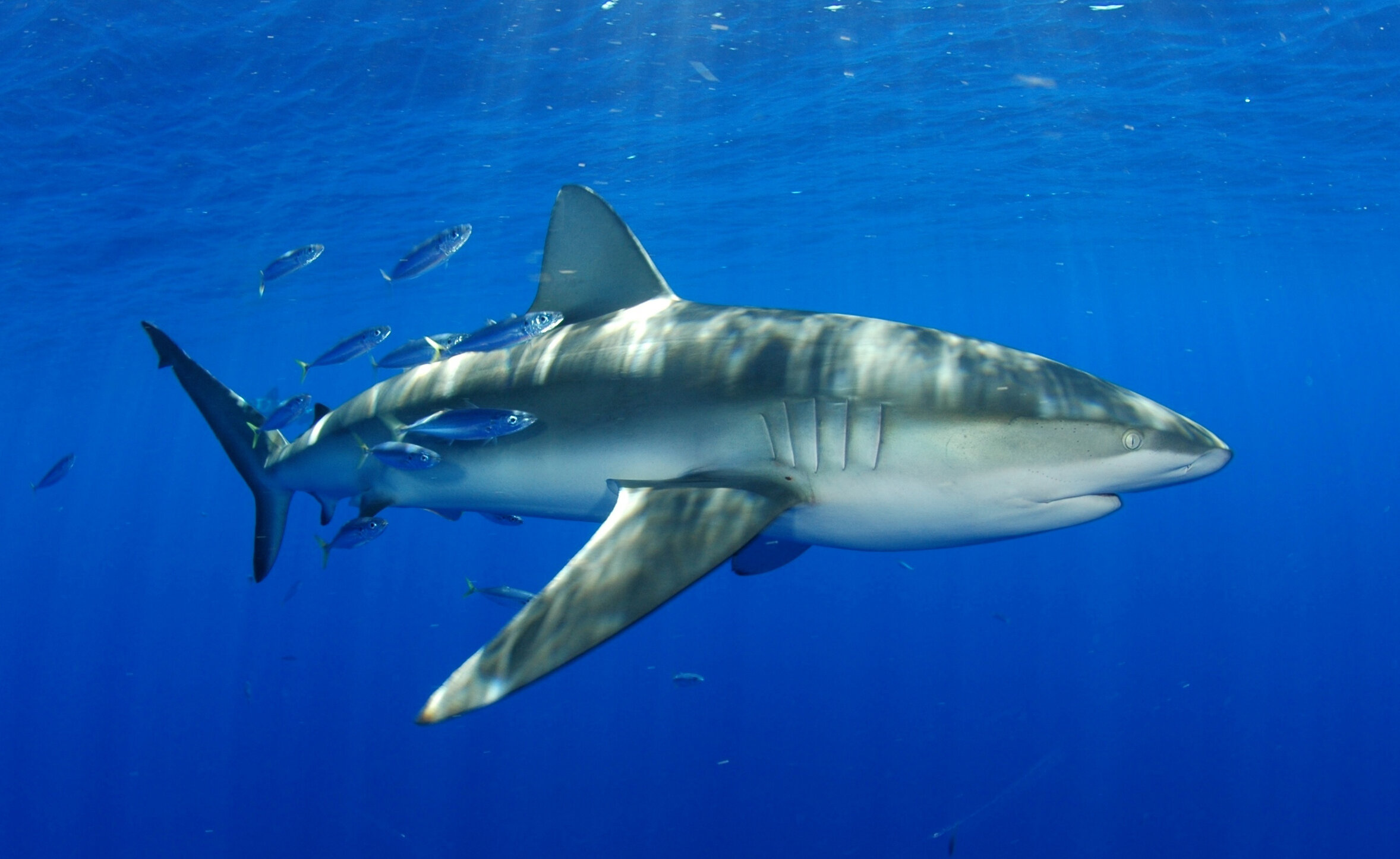A National Bill: the Shark Fin Sales Elimination Act
For years the movement to ban the sale and trade of shark fins in the United States has been growing via a series of important state fin bans. The natural progression has led towards a nationwide ban on the sale of shark fins. It is the best way to ensure that the U.S. is not supporting shark finning and stops participating in the international trade of fins.
The Shark Fin Sales Elimination Act, which would ban the buying and selling of shark fins in the United States did not make it through Congress on the first two attempts. Advocates and congressional sponsors didn’t give up. The bill was reintroduced on Apr 22, 2021, by Congressmen Michael McCaul (TX-10) and Gregorio Kilili Camacho Sablan (MP-AL).
December 2022 - the bill passes
The US congress passed the US Shark Fin Elimination Act as part of the National Defense Authorization Act (H.R. 7776), making it illegal, with a few exemptions, to trade, transport, or sell shark fins. Within a few days, President Biden signed the Act into law.
For Shark Allies, this is a milestone that has been many years in the making. In 2010, we led the campaign for the first fin ban in Hawaii. This legislation became the inspiration and template for a wave of similar bills. We immediately continued with fin campaigns in Guam, the Northern Mariana Island, the Republic of the Marshall Islands, and the state of California. All passed legislation in record time. In the following years, 13 States joined the ranks and in 2020 we focused all of our attention on the one State blocking the National Shark Fin Elimination Act - Florida. After a two-year battle, we succeeded.
National legislation was reintroduced and with the help of a new administration, the US fin ban finally became a reality. Many organizations across the world have contributed to this success. Advocates persevered in pushing against seemingly insurmountable obstacles and opposition over the years. Thousands of people engaged with their representatives. Celebrities lent their voices. Filmmakers used their photos and videos to show the public what this is all about.
Through this wave of legislative measures, we have been able to educate the public and raise awareness, year after year. This is the true power of grassroots organizations.
We are proud to have been a vital component of a movement that is changing shark conservation.
WHAT IS SHARK ALLIES’ PART IN ALL OF THIS? DIVE INTO OUR HISTORY WITH FIN TRADE BANS:
The movement of shark fin bans started with the Hawaii bill in 2010, spearheaded by Shark Allies’ Stefanie Brendl and introduced by Hawaiian Senator Clayton Hee. This bill was the first of its kind, a brand-new way to attack wildlife trafficking in policy: a ban on the trade, sale, and possession of shark fins. The language of Hawaii’s ban sparked a new foundation for many other wildlife bills to follow, such as ivory and rhino horn. Also following in Hawaii’s footsteps, 14 other U.S. states, many Pacific Island Nations, and all of Canada have since banned the shark fin trade. Shark Allies is proud to have played a critical role in many of these places, including most recently, Florida. Then, Florida was notorious as the hub of the shark fin trade for the United States until Gov. DeSantis signed the Kirstin Jacobs Ocean Conservation Act (#NoFinFL) into law on September 18, 2020.
Successful passage of the Florida bill and now the promising trajectory of a federal bill (Shark Fin Sales Elimination Act) are not the end of the fight. The momentum carries on to the higher levels of national and international measures that would not be possible without the groundwork from Hawaii. Shark Allies is collaborating with many national and international partners to keep moving the needle. Even when we cannot lead the charge, it is our priority to lend a hand to other great advocacy groups that are fighting their local battles. Looking beyond our own country, we are proud to partner with initiatives to end the shark fin trade in the United Kingdom and European Union. To protect shark populations, we must continue to address overfishing on a truly global scale.

